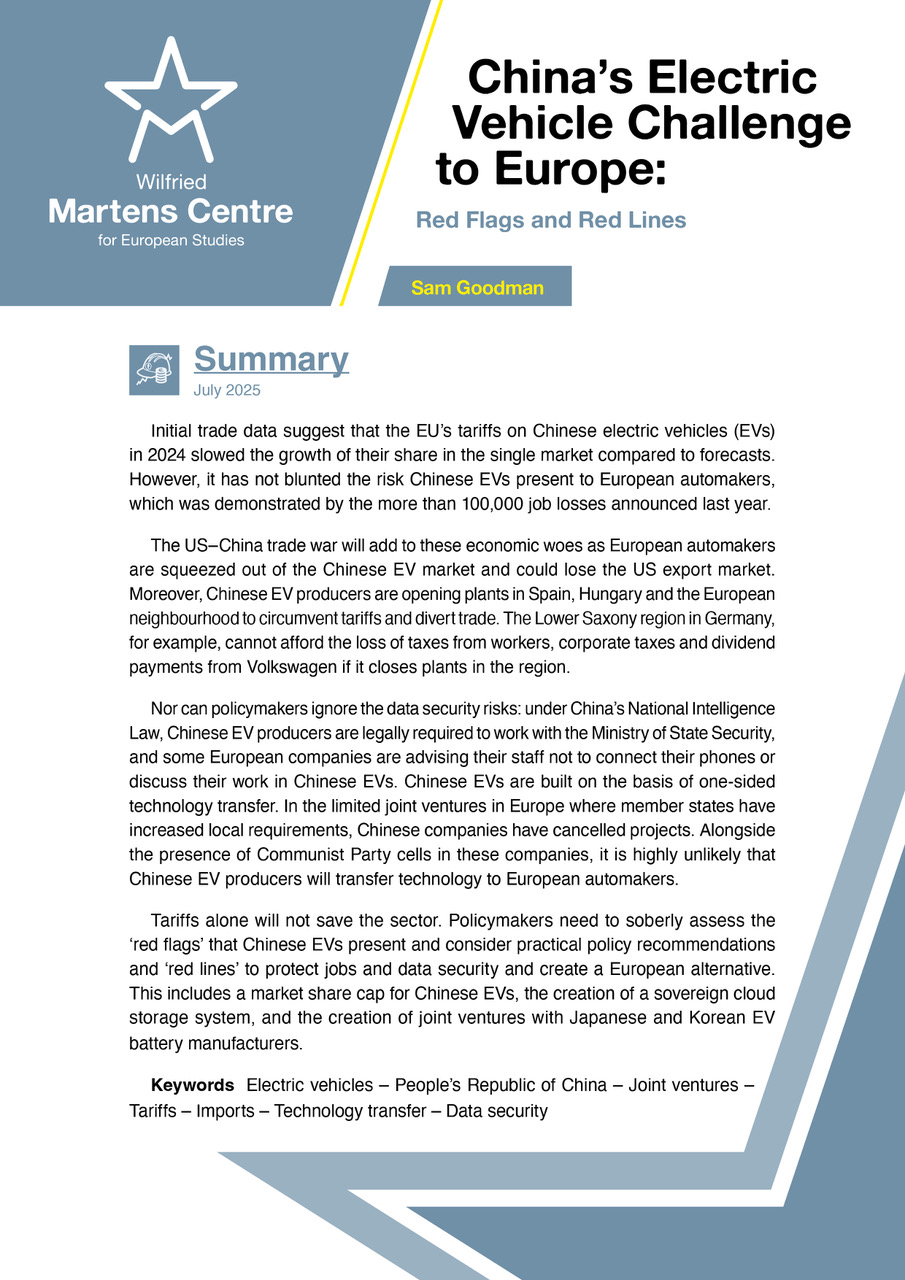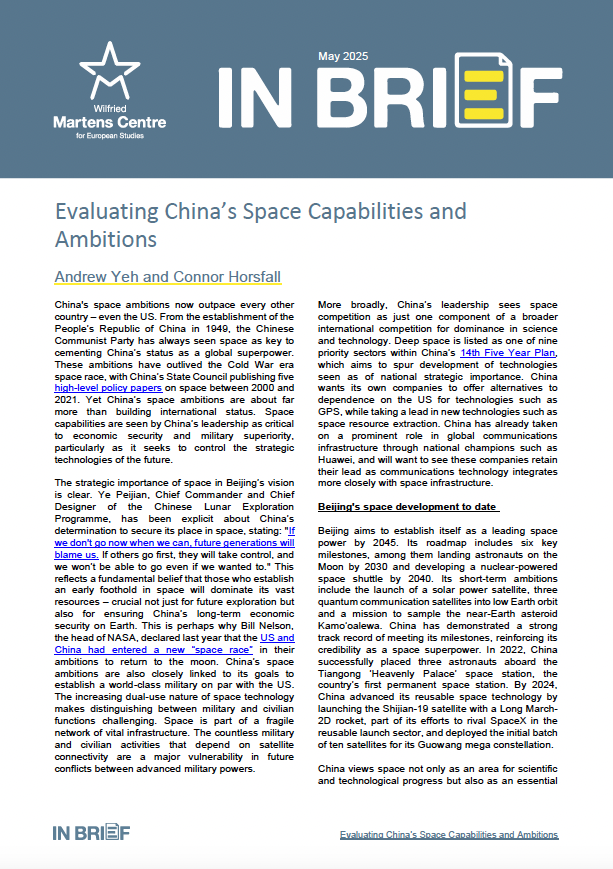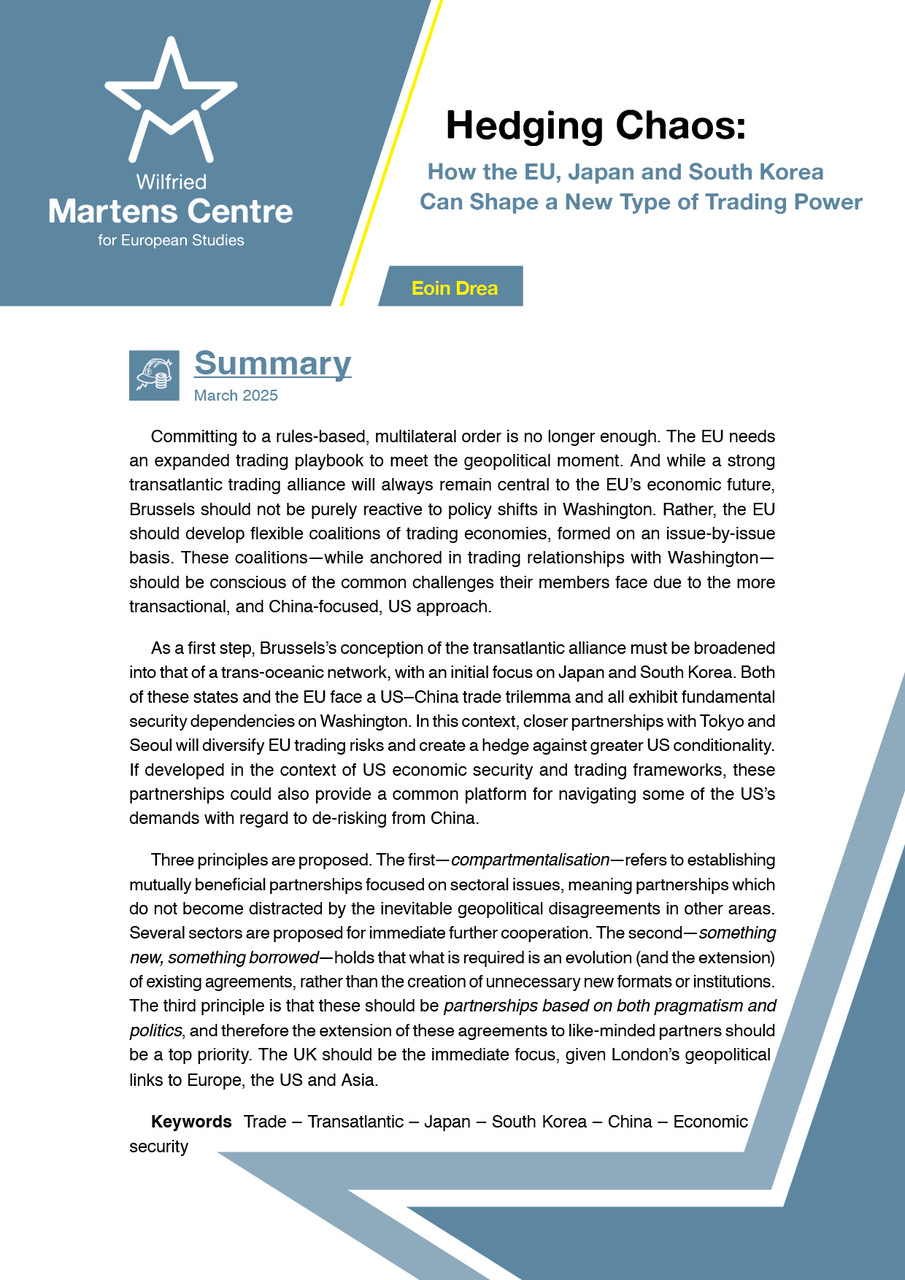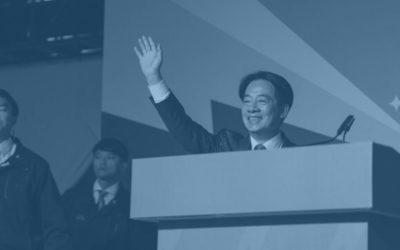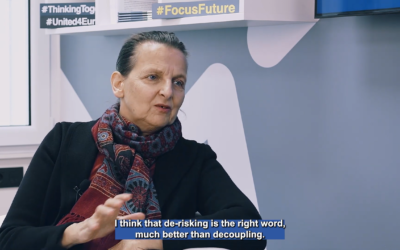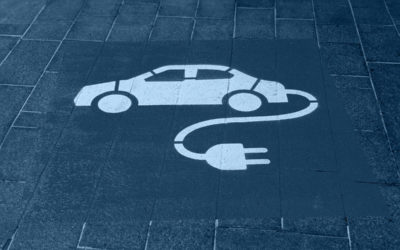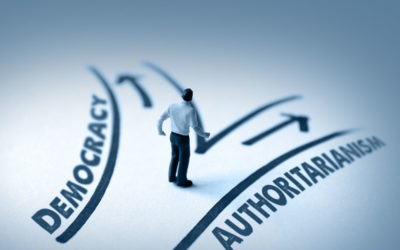Breaking the “Great Wall”: How Europe can Deal With an Isolating China
14 March 2022
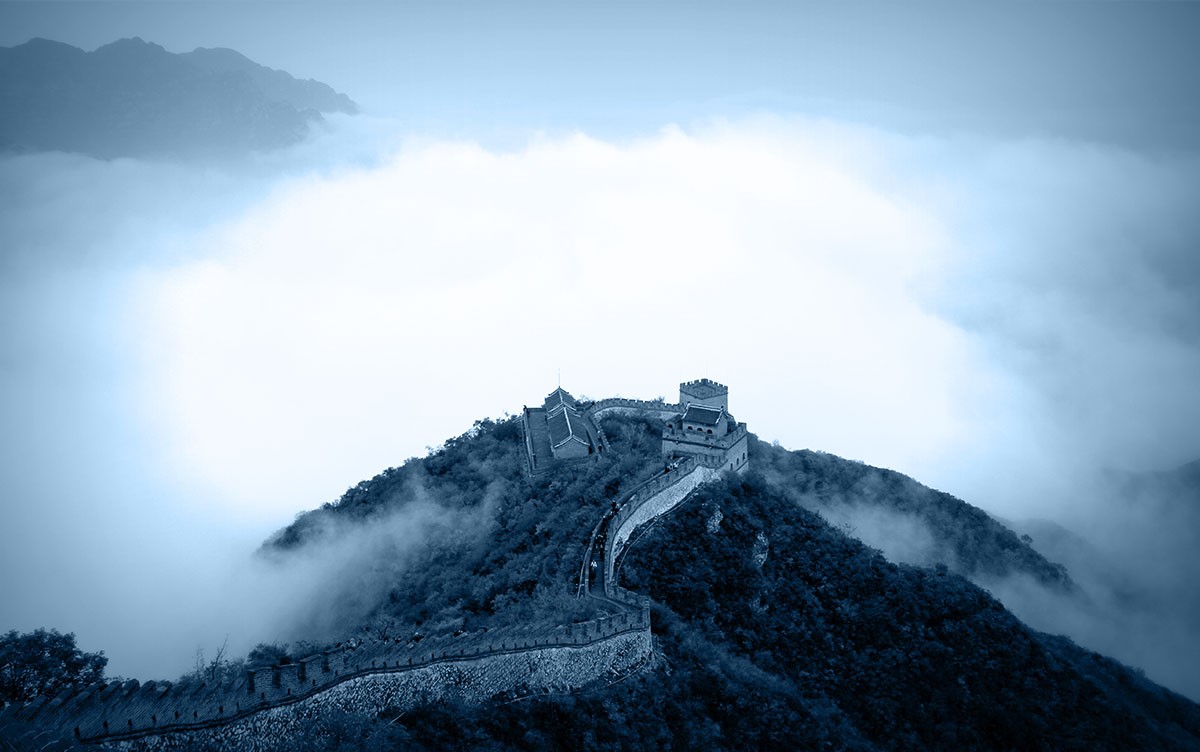
In recent decades, never has a country been isolated faster than Russia as a consequence of its war on Ukraine. But there is another case of a nation whose continuous closing-off from the world in many fields (mainly the Western world) is of much bigger concern: the People’s Republic of China. Scientific cooperation, cultural exchanges, city partnerships – all these “people-to-people” exchanges are now just a shadow of what they had been ten years ago. This development stands in sharp contrast to an unwavering and remarkable increase in Foreign Direct Investment (FDI) and trade exchange with the country, which has grown despite COVID-19. On the other side, perhaps paradoxically, the number of foreigners in China (in particular from OECD countries) is in steady decline and they are nearly invisible in Chinese society. China itself has actively contributed to this “decoupling”, by the ideologically-driven promotion of its development model, as well as through its concept of a “dual circulation economy”. The “reform and opening policy” which began in the 1980s has, at least for the foreseeable future, come to an end – and with it many hopes and illusions in the West on what to achieve in China and how to engage with the country.
This deterioration of mutual exchange, both in quantity and in quality, began long before the current COVID-19 pandemic, which has almost completely closed off China from the rest of the world. This “sealing off” happened intentionally and in many ways: by localising management positions in international companies; by censoring and massively shutting down academic exchange programmes; by tightly controlling financial flows; and not least by the notorious and now almost impenetrable “great firewall” which led to total information control within the country.
These developments will have a substantial, detrimental impact on our relations with China: it will shape mutual perceptions; shrink opportunities for joint efforts on global challenges; and decrease the comparative advantages of international trade. It is not difficult to predict that Sino-European relations will not change for the better. Even economic ties might get looser as voices for a stronger decoupling in key technologies get louder and China’s positioning in the current Ukraine war sows further distrust.
Over the last years, most of the Western-style democracies have developed, sharpened, and specified their concepts and instruments in dealing with China. The European Union has revised its China strategy several times over the last years. The current concept from September 2021, which some refer to as the “trinity”, considers China as a partner, a competitor, and a systemic rival. It sounds prima facie a pragmatic and flexible approach towards the rising “Middle Kingdom”. But what are some concrete fields where it is worth putting effort on further cooperation to break through the “Great Wall” and once again open windows and doors for exchange?
- Future value-creation is largely knowledge-based. It is almost impossible not to cooperate with China given the tremendous progress Research and Development (R&D) has made over the last decade in the People`s Republic. But this requires a stable regulatory framework, especially in the field of Intellectual Property Rights (IPR) to adequately share the benefits.
- The existing framework of World Trade Organization (WTO) regulations haven’t kept up with recent developments, i.e., in the data economy. There is an urgent need to adjust the existing regulatory framework. Europe should align with other regions, such as Southeast Asia, to convince China to join common efforts and prevent further fragmentation of international rules.
- For the time being at least, China is still interested in the EU’s massive common market, and Europe is stepping up its efforts to become the third global digital power. But the benefits from this can only be reaped when both partners stick to the principle of reciprocity and fair access to markets is guaranteed.
Europe must be aware that future exchange with China will happen under completely different circumstances than it did over the last thirty years. The following requirements should be met as the “Age of Innocence” is over:
- Europe must prevent the growing knowledge gap about China. The body of expertise on China in Europe is substantial and strong but also fragmented, and influence on policymaking is below its potential. Better coordination and exchange of China-related research and policy consulting must be fostered. The new Horizon Europe programme has acknowledged this deficit and supports the creation of independent knowledge networks. Europe must protect our intellectual core infrastructure from any pressure or dependency on Chinese funding. Keeping independent and free spaces of scientific and intellectual debate is key and the litmus test in any further engagement with Chinese institutions. There is still a need for higher awareness in our academic institutions as well as in political consulting and media.
- Authoritarian regimes such as China (but also Russia) are actively seeking to inject their definition of democracy into the international political discourse. Europe must resolutely defend its political concept and semantics against any attempts to redefine and blur the political core of our identity, such as democracy or our understanding of citizenship. The recent EU guidelines on foreign interference in research has long been overdue.
- Europe is not actively aiming at fundamental regime change in China. But we should not simply buy into the official Chinese narrative that there is only one – communist – way for China’s future. We must broaden our exchange with Chinese thinkers and voices others than those of the Chinese Communist Party. As strange as it might appear these days and difficult as it is, we must better understand long-term trends and be prepared for alternative developments in China.
To continue the dialogue with China is necessary, despite many discouraging experiences in the last years. But clear conditions have to be set from the European side – so as to not just be an exercise and end for itself.
ENJOYING THIS CONTENT?






